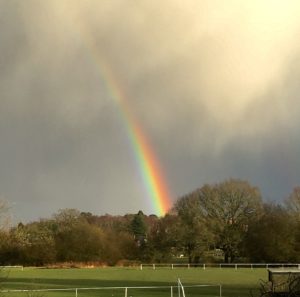So, March 2020 turns about to be a momentous month, as it is the time that when Covid-19 struck.
One of the most scary aspects of it – for me – was the speed with which things developed. At one point, the situation was changing by the hour. Alarm bells over what was happening in Italy and Spain soon became a foreshadow of what was going to happen here. So, what began as a ‘well, it is only about 50 people who have this virus’, quickly mushroomed exponentially. As I write, it is some 50,000 people – a rise over just a couple of weeks or so.
Panic was immediately evidenced by stripped supermarket shelves and people stockpiled:


Something I had never seen before.
England was not exactly fast off the block. From my Public Health days I know that with large epidemics, there are only three ways forward: Find a vaccine (it is going to take at least a year); let people catch it and build immunity (will result in shocking numbers of deaths and an overloaded health service); Test-Trace-and-Isolate. Some countries moved fast on this one – Argentina, for example – and seem to be having some success. But not here. By the time the ‘lockdown’ was called the damage was done; especially in places like London where people are squashed together on the Tube – holding hand rails, etc. – the major source of contact infection. Many of the sick and dead now result from this inaction.
I have never known anything like this in my life. Plagues, of course, are famous. Like the ‘Black Death’ of the C14 and Bubonic plague in the C17. These were caused by a bacteria. In those days, there was the ‘Plague Doctor’ who came to attend you. The beak was for sweet smelling herbs apparently, such was the stench. The stick to prod you for diagnosis. Not that I think there was much he could do for you, that is.

So-called ‘Spanish Flu’ 1918 was a virus but was indeed influenza. This one is a Coronavirus and seems particularly contagious. What we do know is that plague acts as major instigators of social change. We do not know in what direction, but clearly this is ‘shake-out’ time in terms of some businesses and ways of doing things. In the spirit of Darwin’s ‘survival of the fittest’ – i.e., those who can adapt to change – already it is clear that all sorts of new systems are opening up whilst others are disappearing. Apparently, the level of traffic on the roads is equivalent to what it was in 1955.
Lots of material coming online: free concerts, free plays, free art tours. Also, community groups and friends writing in with suggestions, recipes, information, etc.
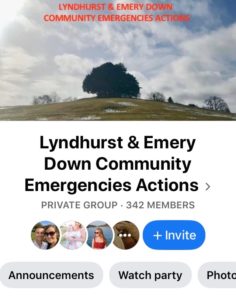

Sadly, my trip to Argentina is cancelled:
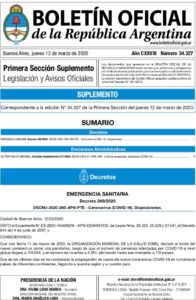
Unless I want to pay for 14 days of quarantine. The guitar course of Musica en Moviemiento is cancelled. However, we immediately commit to doing a three-week ‘at-a-distance’ course, including Guitar Work, Themes, T’ai Chi, Pranayama. And, so, one evening, there are 30 people on my Zoom screen for the inaugural meeting. Amazing – and a lot of energy and good will generated.
Oddly enough, at this dark time, spring suddenly announces itself, and we have some of the nicest weather that we have had for months!!! The clocks go forward and we have lighter evenings:
Sunrise:
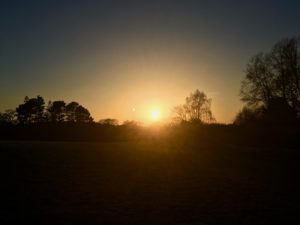
Sunset:
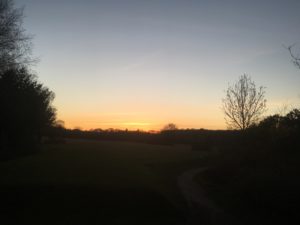
All the flowers are out as well.
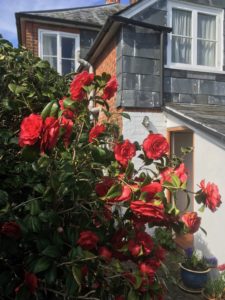
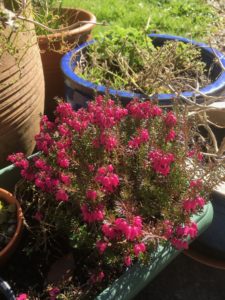
Wild flowers too. Like the Lesser Celendine – which offers a cure for piles apparently – and the pansies (these are spread by ants because the flower seed as a small amount of food on it for them, so they take them back to their nests).
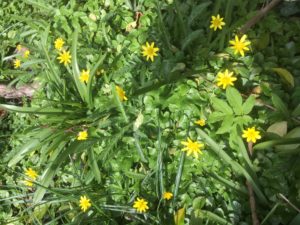
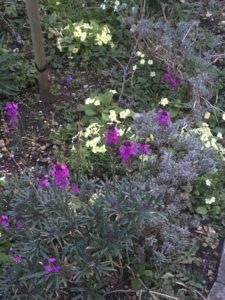
We are allowed one hour’s walk as exercise each day. Luckily, I have the forest at my doorstep:
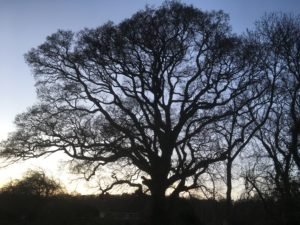
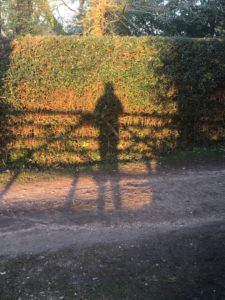
All this is clearly to go on for a long time. Life and reports will therefore take on a ‘micro’ character. More books, more reading. More music. So, maybe more than one book of the month, and CD.
This month, I have been reading ‘Gurdjieff Reconsidered’.
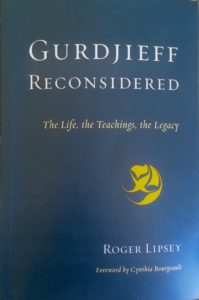
Despite its title, it is really a ‘Gurdjieff revisited’. Not exactly a hagiography but certain something ‘in praise’ of Gurdfieff. Lots of anecdotes from his pupils working with him, especially in the USA and France. Many I knew but there were some I did not. The problem is, with this sort of book, that it can take on the character of an ‘apology’. Not really, here, but there is a tendency to ‘excuse’ what might be questionable. The problem is then that there is this way of copying and emulating what he offered rather than ‘recreating it’. What he left, after all, is a resource for application and extension. Not a doctrine to be held by the faithful. The work comes from ‘Being’ – not personality. Easy to mix these up.
Really, for those wishing to know more about what Gurdjieff was about, I would recommend Ouspensky’s In Search of the Miraculous. Précised here:
http://www.michaelgrenfell.co.uk/esoteric/in-search-of-the-miraculous-p-d-ouspensky/
I have also been reading some more Barry Lopez: About this Life: Journeys on the Threshold of Memory.
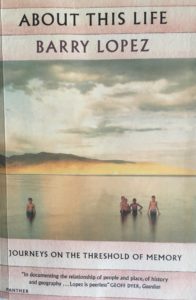
He really is my favourite writer and, by this I do mean writer. He can take something like going to the shops to buy bread and turn it into a evocative poetry. His writing is really like porcelain – fine and delicate. Someone once asked him how he does it, what advice he would give to a world-be writer. He said, ‘First, find out what you truly believe’. This is work that needs to be read slowly – to savour every word and sentence. He mostly writes about travelling and work experiences. Oddly, however, in the course of these, something else emerges which is truly philosophical and pertains to life, human’s relationship to the world, and the permanence of death.
Speaking of which, I have been much exercised with French writer Albert Camus’ La Peste (The Plague). Part allegory for the Nazi occupation of France and part philosophical meditation on living under the shadow of death, it is a remarkable meditation of the way people behave in such circumstances.
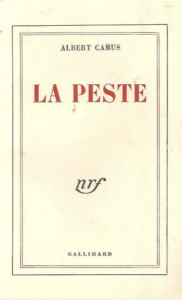
For music, something light-hearted: the new CD by Tame Impala – The Slow Rush.
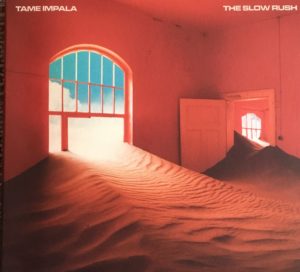
In a way, this is pure pop – bubble-gum. Yet, I love its young vitality, synth sounds and freshness. Recorded partly in Fremantle, Perth, Western Australia, it is soaked through with sunshine and that outdoor living vibe. The sort of thing you have on in the car as you go off to the beach ‘barby’ with your six-pack in hand. Ha!!!
